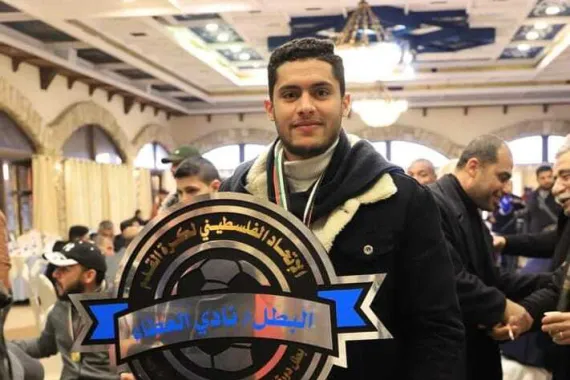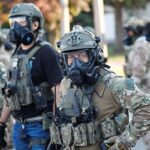Khalid Mohammed Abu-Habel’s typical day would begin with him getting ready for classes at a hospital in Gaza, talking with his coworkers about medicine and healthcare, returning home for lunch with his parents, going to football practice, and studying medicine at night. He was raised in a working-class home alongside his parents and four siblings in a modest home. Even though the family had financial difficulties, particularly in light of Gaza’s economic circumstances as a result of the Israeli blockade, his family was supportive of his passion and tenacity as well as his aspirations to become a doctor and football player.
I wanted to work hard on my studies. Studying medicine would take me five to seven hours. For two or three days, we would have football training, with sessions lasting up to three hours each. I slept for only around six hours every day. “But those were beautiful days.” Prior to October 7, there were “lovely days.” After Israel’s atrocities throughout the beleaguered territory, which resulted in more than 23,000 deaths in Gaza, three months later, people’s lives have been completely upended. His family left Maghazi at the beginning of the war and took safety in the Nuseirat camp, but they only returned last month. However, last Thursday, Maghazi retreated to Deir el-Balah when Israeli tanks surrounded him. Abu-Habel might have to leave the neighborhood once more, like the majority of people.







